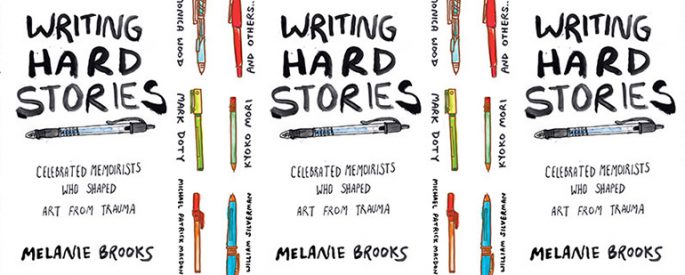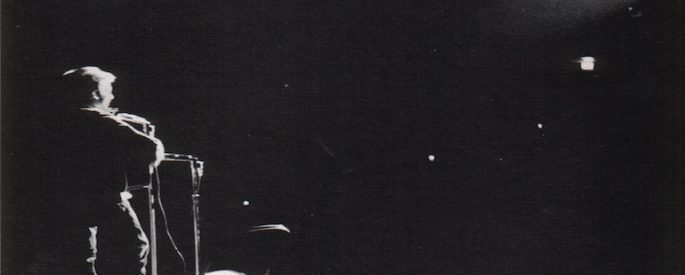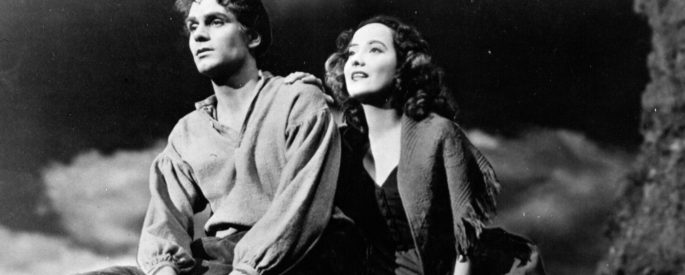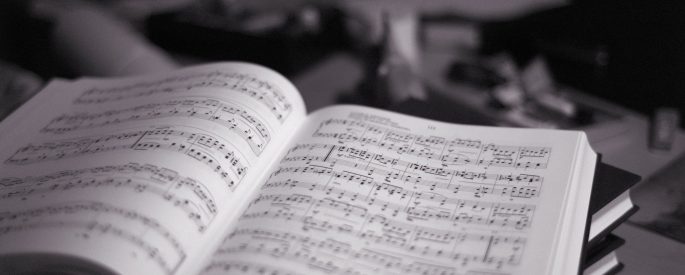Joyce Carol Oates Archive
Fiction Responding to Fiction: James Joyce and Joyce Carol Oates

There’s something wonderful in the thought of the subconscious of James Joyce meeting with that of Joyce Carol Oates to create her story “The Dead,” a response to his story of the same name.
Review: WRITING HARD STORIES by Melanie Brooks
Author: Guest Reviewer | Categories: Book Reviews, Critical Essays, Nonfiction, Writing Advice No comments

Sharply written, these intimate and insightful exchanges dispel the myth that perhaps we all, writers or not, have come to believe about our own narratives, our own lives: “The worst story that we can tell ourselves is that we are alone.”
Big Picture, Small Picture: Context for Joyce Carol Oates’s “Where Are You Going, Where Have You Been?”

In the Fall 1966 issue of Epoch Magazine, Joyce Carol Oates’ classic short story, “Where Are You Going, Where Have You Been?” first appears. Oates takes cues from Schmid’s case to tell the story of 15-year-old Connie.
Crafting A Novelscape

In the words of my own personal goddess of literature, Joyce Carol Oates, one should “…never underestimate the power—benevolent, malevolent, profound and irresistible— of place.” These words make my heart keen.
Fifty Shades of Heathcliff: Why WUTHERING HEIGHTS Isn’t a Love Story

Wuthering Heights by Emily Brontë is often considered one of the great Victorian romances, mentioned in the same breath as classics like Pride and Prejudice and her sister Charlotte’s most famous work, Jane Eyre. But where Jane is a love story through and through, from the early meet-cute to
Fiction Responding to Fiction: Anton Chekhov and Joyce Carol Oates

Joyce Carol Oates’s story “The Lady with the Pet Dog” is a clear response to Anton Chekhov’s classic story “The Lady with the Little Dog.” Almost seventy-five years separate the two stories, and Oates, through her modifications, clearly modernizes the story, retelling the story through a feminist lens.
The Words Beneath the Sound: Music Inspired by Literature

As Virginia Woolf famously observed, the best writing often begins with a rhythmical “wave in the mind,” an inner tempo around which syntax and diction are arranged, a guiding beat of artistic intuition that, when struck upon, makes it nearly impossible to set down the wrong word. Other writers
Between Optimism and Pessimism: How to Set Our Baby Monitors?

Pessimism is not particularly hard. I thought of this last month when I spent an hour in my brother’s kitchen near the baby monitor through which I could hear my poor twenty-two-month-old niece hacking up phlegm. After an hour I began to mistake this noise for the wind, or